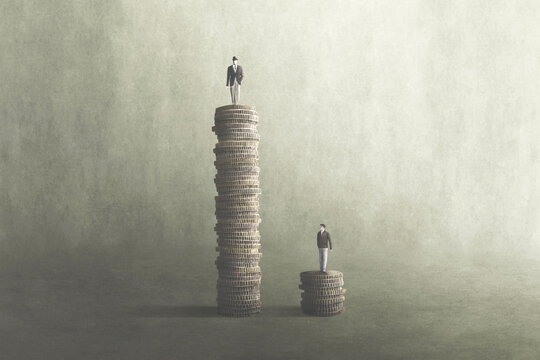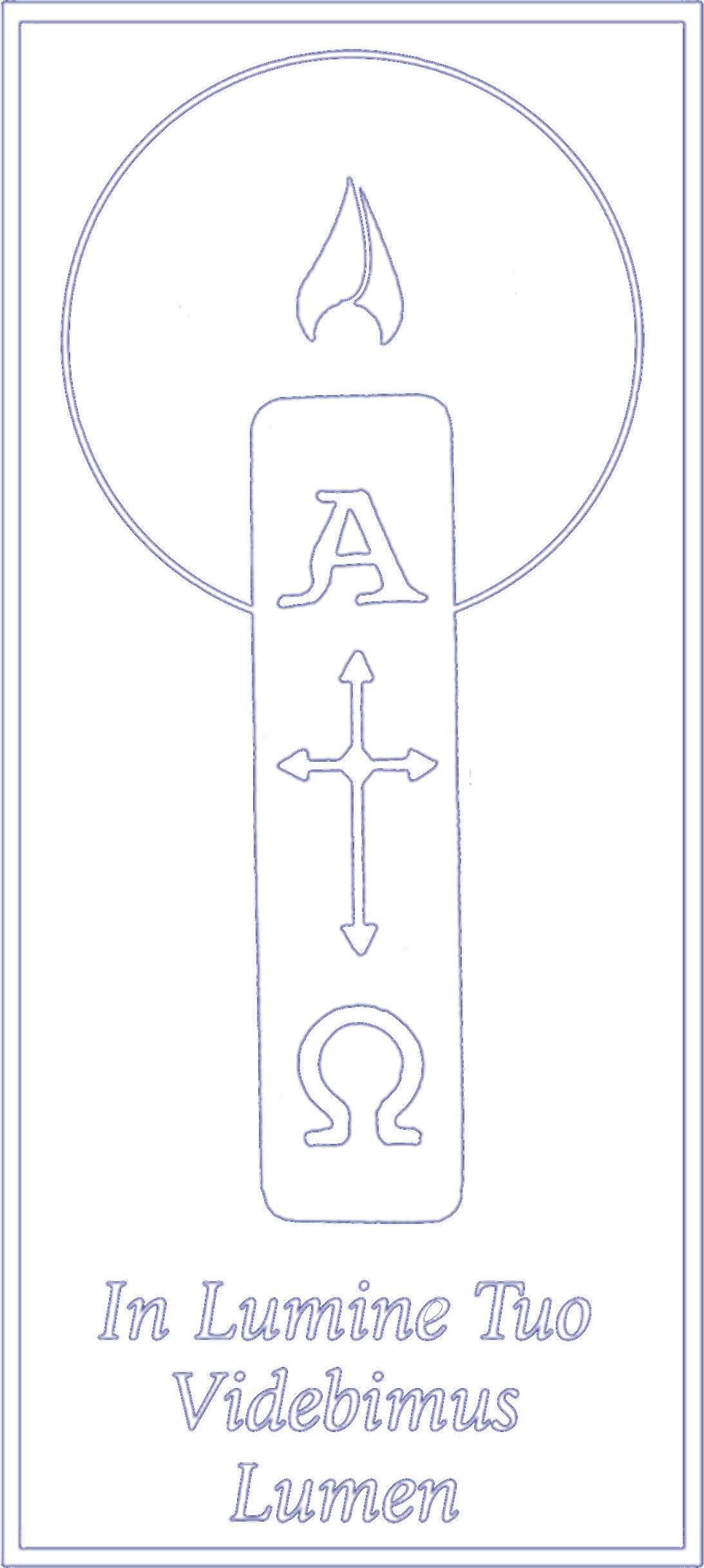Rethinking Economic Inequality: a Theological Perspective

Mary HirschfeldUniversity of Notre Dame
Amir SufiUniversity of Chicago Booth
This event is free and open to the public. For more information, contact info@lumenchristi.org.
This event is co-presented by the Catholic Research Economists Discussion Organization (CREDO) and cosponsored by the In Lumine Network and Catholics at Booth. This event is made possible through the support of ‘In Lumine: Supporting the Catholic Intellectual Tradition on Campuses Nationwide’ (Grant #62372) from the John Templeton Foundation.
Secular discourse about the problem of economic inequality rests on two foundational premises that are problematic from a theological point of view. First, individuals enter into society with the aim of bettering their own condition. Second, bettering one’s own condition entails accruing more wealth and power so that one can fulfill more of one’s desires.
In this event, Mary Hirschfeld will present on how market behavior shaped by the premises described above can promote economic inequality. Can ethical responses to the problem of economic inequality promote justice without challenging these assumptions? How do we find a theological response to the problem of economic inequality? How does genuine human flourishing depend on communal ties and the higher human goods that material wealth is properly meant to support? Join us for this lecture as we unpack the answers to these questions.
A response will follow from Amir Sufi, Bruce Lindsay Professor of Economics and Public Policy.
Mary Hirschfeld is the John T. Ryan Jr. Associate Professor of Theology and Business Ethics, Academic Director of the Business Ethics and Society Program. She works on the boundaries between theology and economics using an approach rooted in the thought of St. Thomas Aquinas. She has written on economic inequality, the technocratic paradigm, the financial crisis and the common good.
Selected Publications Aquinas and the Market: Toward a Humane Economy (Harvard University Press, 2018), “Rethinking Economic Inequality: A Theological Perspective,” Journal of Religious Ethics, 42(2) (June 2019): 259-282, “Reflection on the Financial Crisis: Aquinas on the Proper Role of Finance,” Journal of the Society of Christian Ethics, 35(1) (Spring-Summer 2015): 63-82, “What is the Technocratic Paradigm and Must Business Be Structured By It?,” chapter in Business Ethics and Catholic Social Thought, Daniel K. Finn (ed.) (Georgetown University Press, May 2021): 93-113, “What Theology Should and Should Not Learn from the Social Sciences About the Common Good,” in Empirical Foundations of the Common Good: What Theology Can Learn from the Social Sciences, Daniel K. Finn (ed.) (Oxford: Oxford University Press, 2017): 208-240.





